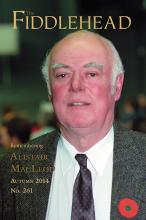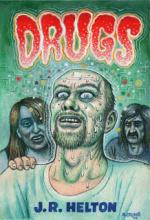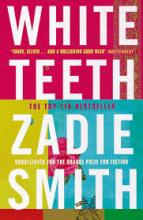An Interview with Lisa Alward
By Reid Lodge
Lisa Alward has won The Fiddlehead's 24th annual Short Fiction Prize for her story "Cocktail." Originally from Halifax, Lisa Alward has a master’s degree in English from the University of London and was the Literary Press Group’s first sales manager. She presently lives in Fredericton, where she teaches courses in clear writing and has worked as an editor and freelance writer. She has been writing short fiction for three years. “Cocktail,” her second story to be published, is inspired by the cocktail party world of the sixties and early seventies.
















